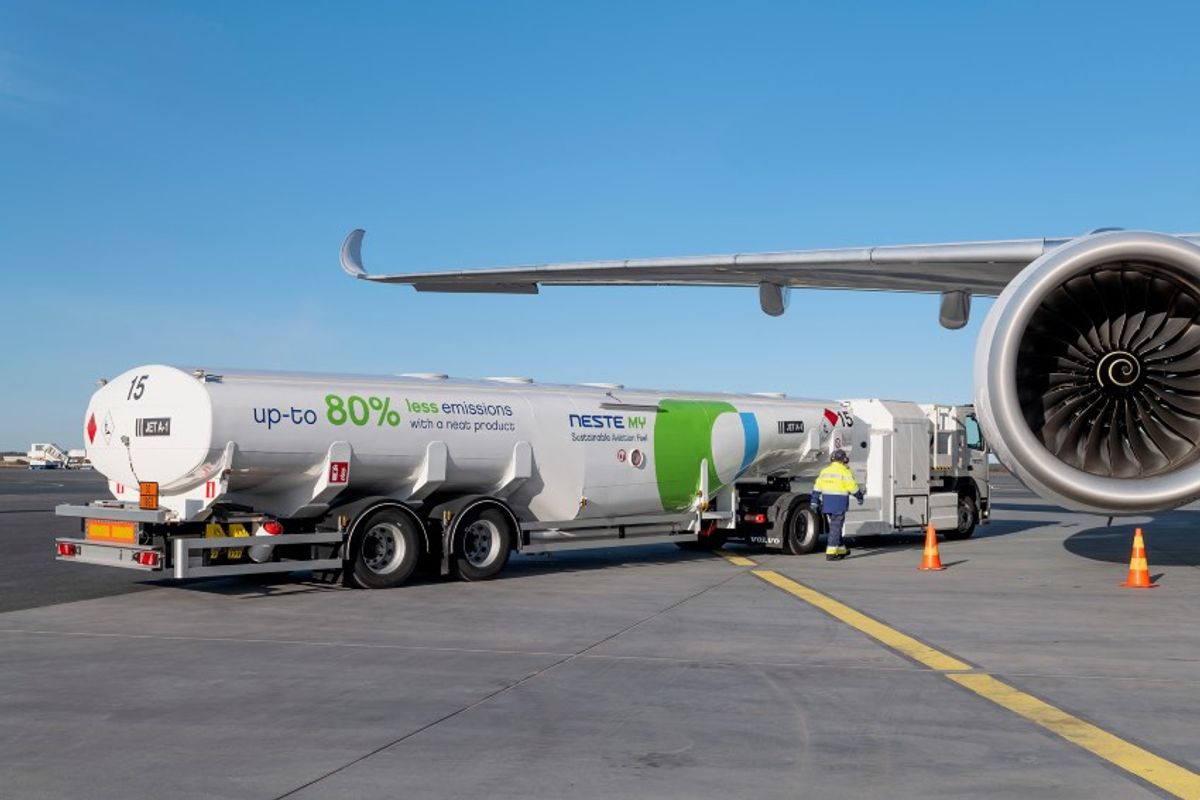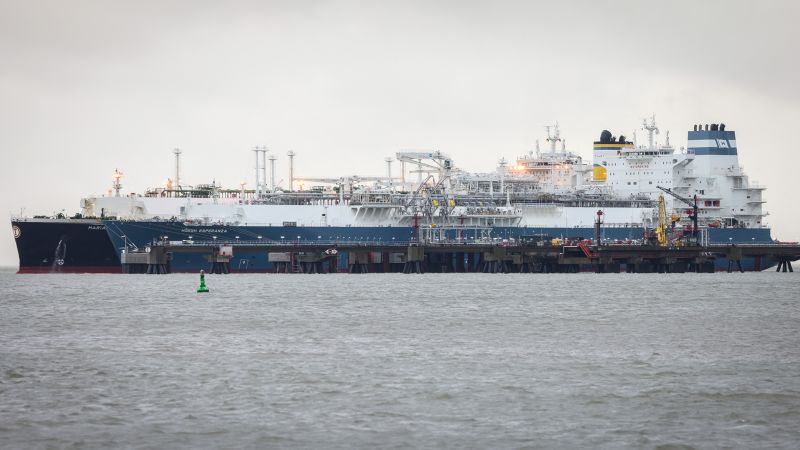Travel
IATA insists net zero by 2050 is ‘possible’ for aviation

Airlines association IATA has stressed that the industry’s plan to achieve net zero on carbon emissions by 2050 is “feasible” but warned that it will depend on the “unity of purpose” of policymakers around the world.
The association, which is hosting its World Sustainability Symposium in Miami this week, has published new analysis and road maps on how aviation can achieve net zero, which includes the high costs of making this transition over the next 25 years.
“The updated IATA Policy and Finance Net Zero Roadmaps make it clear that decarbonisation by 2050 is possible,” said Willie Walsh, IATA’s director general.
“They also sound a warning bell that, to achieve this, all stakeholders, particularly policymakers, must collaborate more broadly and act with greater urgency.
“To be successful, we need clear policy and financial frameworks that will support air transportation’s needs in a way that is realistic and coherent with the massive changes that must take place simultaneously in all economic sectors.”
IATA’s roadmap to decarbonisation relies heavily on the development and mass production of alternative aviation fuels, such as sustainable aviation fuel (SAF), which is forecast to make up around two-thirds of the reduction in the sector’s emissions by 2050. BTN Europe’s new Navigating towards net zero report looks at this subject in much more detail.
The association estimates that it will cost around $128 billion per year to build enough facilities to produce the alternative aviation fuels needed to reach net zero by 2050, and that is in a “best-case scenario”.
The annual transition cost of decarbonisation, which is the additional cost for airlines of buying alternative fuels on top of purchasing traditional jet fuel, is set to rise from $1.4 billion in 2025 up to as high as $744 billion by 2050, according to IATA’s figures.
“The costs and challenges associated with the energy transition are large, but the opportunities are even greater,” said Marie Owens Thomsen, IATA’s senior vice president of sustainability and chief economist.
“Countries have an opportunity to build new industries in agriculture and energy, and to benefit from the catalytic growth impact of sustainable air transport.
“To realise the opportunities, we need all minds to unite in this mission, and all policymakers, multilateral organisations, investors, solution providers and the air transport industry to work together.”
IATA has also stressed that there is “no one-size-fits-all solution” to decarbonising aviation and that policies needed to be created to allow all countries to participate in the future market for alternative aviation fuels.










